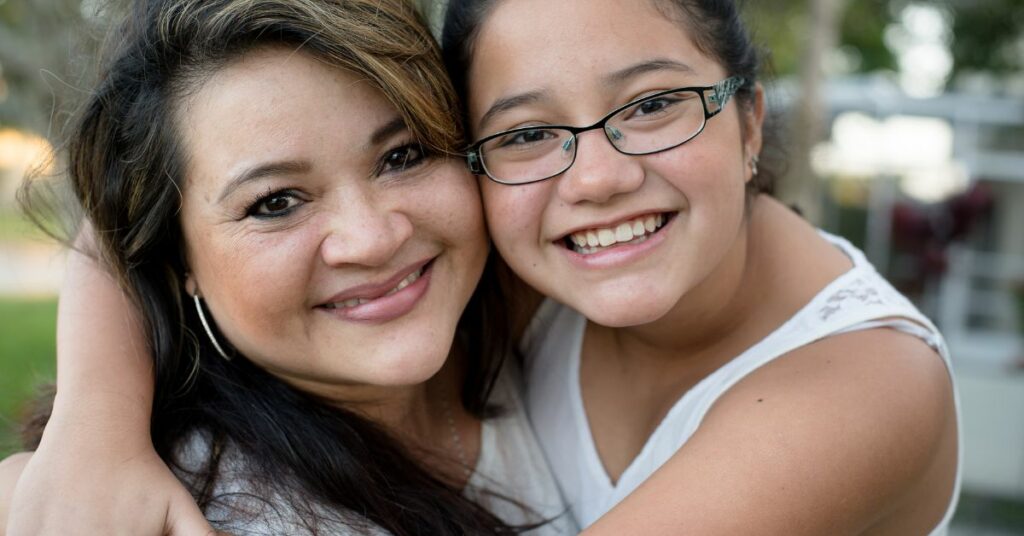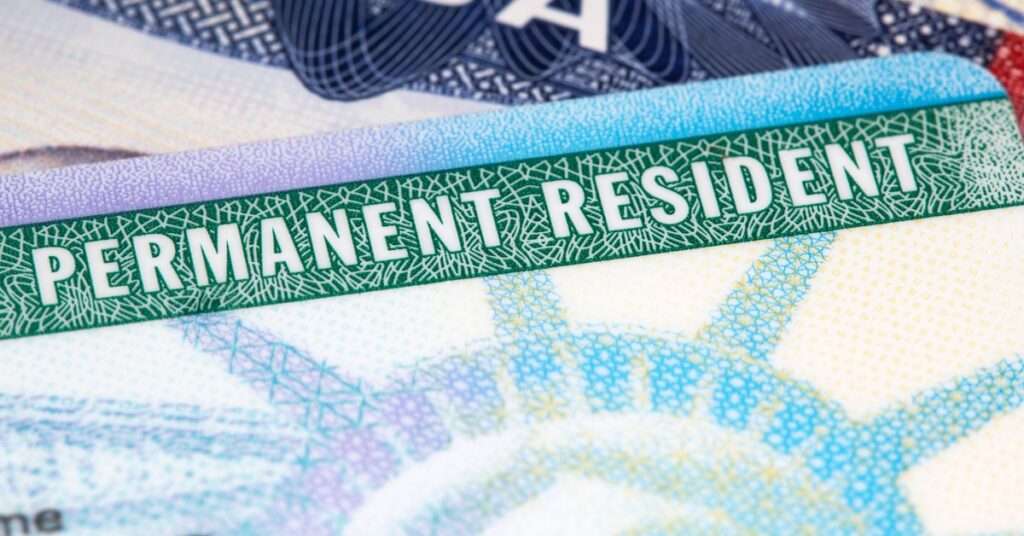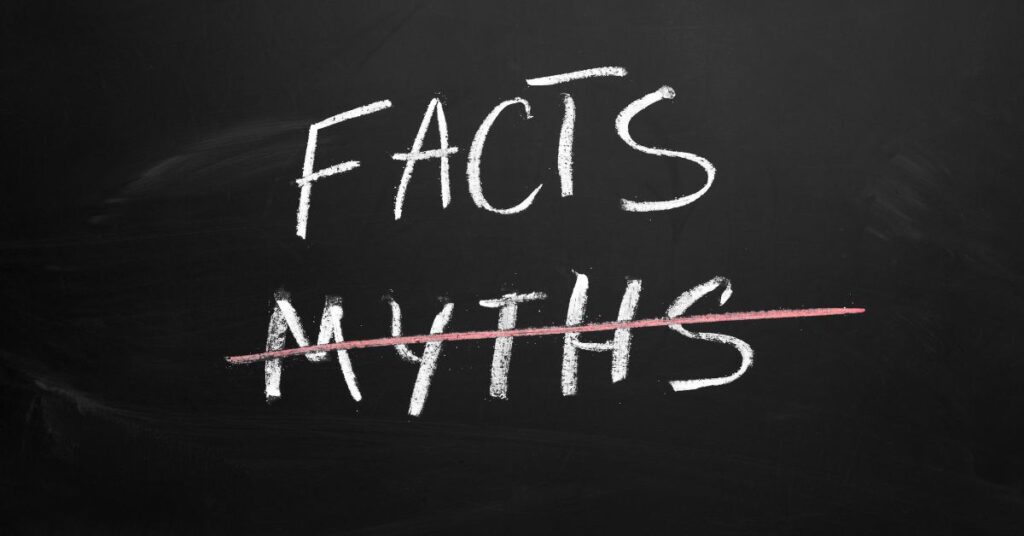VAWA (la Ley de Violencia contra la Mujer) ofrece otro camino para ajustar el estatus para los cónyuges y padres de ciudadanos estadounidenses que han estado viviendo en los EE. UU. sin estatus legal. Si entraste ilegalmente y no calificas para el ajuste de estatus a través de otros medios, VAWA puede brindarte la oportunidad de obtener el estatus de residente permanente legal (LPR) sin depender de tu abusador.
¿Quién califica para VAWA?
VAWA no se limita solo a los cónyuges de ciudadanos estadounidenses o residentes permanentes legales (LPR). Los padres de ciudadanos estadounidenses que han sufrido abuso por parte de sus hijos también pueden calificar. Los requisitos clave para VAWA incluyen:
- Relación con un Ciudadano Estadounidense o residente permanente legal:
- Debes ser el cónyuge o excónyuge de un ciudadano estadounidense o LPR, o
- Debes ser el padre o la madre de un hijo ciudadano estadounidense que te ha maltratado.
- Experiencia de abuso: El abuso puede ser físico, emocional o psicológico. No necesitas vivir actualmente con el abusador, siempre y cuando el abuso haya ocurrido en algún momento de la relación.
- Buen carácter moral: Debes demostrar buen carácter moral durante el período en el que presentas la solicitud.
Este cuestionario está diseñado para ayudar a determinar si podría ser elegible para una Visa U en los Estados Unidos eventualmente una residencia legal.
Permiso de trabajo e independencia del abusador
Uno de los beneficios clave de VAWA es que te permite presentar tu solicitud de manera independiente del abusador, ya sea que se trate de un cónyuge o de tu hijo. Una vez que tu petición de VAWA sea aprobada, puedes solicitar un permiso de trabajo (Documento de Autorización de Empleo) siempre que sigas siendo elegible. Este permiso de trabajo te da la libertad de mantenerte económicamente y vivir de manera independiente del abusador.
Exenciones de los motivos de inadmisibilidad
VAWA también exime muchos motivos de inadmisibilidad, incluidas la entrada ilegal y, en algunos casos, incluso la prohibición permanente. Esto es particularmente importante para los solicitantes que de otro modo serían inelegibles para una tarjeta verde debido a violaciones migratorias anteriores. Al eximir estos motivos, VAWA abre un camino hacia la residencia legal permanente que de otro modo estaría cerrado.
¿Qué sucede después de la aprobación?
En muchos casos, puedes presentar la petición de VAWA y la solicitud de ajuste de estatus (AOS) al mismo tiempo. Esto significa que una vez que se apruebe tu petición de VAWA, ya estarás en el proceso de solicitar tu tarjeta verde. Presentar estas solicitudes de manera simultánea también puede permitirte obtener un permiso de trabajo más rápido, lo que te permitirá mantenerte más pronto. Este proceso te permite permanecer en los EE. UU. mientras se procesa tu caso, eliminando la necesidad de salir del país y arriesgar la denegación de reingreso. El proceso de AOS también te brinda la oportunidad de asistir a tu entrevista de adjudicación con representación legal, mejorando tus posibilidades de éxito.
Por qué consultar con un abogado experimentado
Los casos de VAWA pueden ser complejos, especialmente cuando involucran problemas de entrada ilegal, abuso por parte de un hijo y exenciones de inadmisibilidad. Con más de 20 años de experiencia y una extensa colaboración con organizaciones sin fines de lucro y consulados, he ayudado a muchas personas a navegar casos de VAWA, incluidos aquellos que involucran abuso por parte de hijos ciudadanos estadounidenses. Te invito a consultarme para explorar tus opciones y dar el siguiente paso hacia la obtención de tu tarjeta verde.
VAWA: Another way to adjust status for spouses and parents of U.S. citizens who entered the U.S. illegally
VAWA (the Violence Against Women Act) offers another path to adjust status for spouses and parents of U.S. citizens who have been living in the U.S. without legal status. If you entered the U.S. illegally and do not qualify for adjustment of status through other avenues, VAWA may provide a way for you to obtain lawful permanent resident (LPR) status without relying on your abuser.
Who qualifies for VAWA?
VAWA is not limited to spouses of U.S. citizens or lawful permanent residents (LPR). Parents of U.S. citizens who have suffered abuse by their son or daughter can also qualify. The key requirements for VAWA include:
- Relationship to a U.S. Citizen or lawful permanent resident:
- You must be the spouse or former spouse of a U.S. citizen or LPR, or
- You must be the parent of a U.S. citizen son or daughter who has abused you.
- Experience of abuse: The abuse can be physical, emotional, or psychological. Importantly, you do not need to currently live with the abuser, as long as the abuse occurred at some point during the relationship.
- Good moral character: You must demonstrate good moral character during the period in which you apply.
Take our quiz to see if you might quality for a U Visa.
Work permit and independence from the abuser
One of the key benefits of VAWA is that it allows you to file independently of the abuser, whether they are a spouse or your child. Once your VAWA petition is approved, you can apply for a work permit (Employment Authorization Document) as long as you remain eligible. This work permit gives you the freedom to support yourself and live independently of your abuser.
Waivers for inadmissibility grounds
VAWA also waives many grounds of inadmissibility, including illegal entry and, in some cases, even the permanent bar. This can be particularly important for applicants who would otherwise be ineligible for a green card due to prior immigration violations. By waiving these grounds, VAWA opens up a path to legal permanent residence that would otherwise be closed.
What happens after approval?
In many cases, you can request the VAWA petition and apply for adjustment of status (AOS) at the same time. This means that once the VAWA petition is approved, you are already in the process of applying for your green card. Filing these applications concurrently can also allow you to obtain a work permit more quickly, giving you the ability to support yourself sooner. This process allows you to remain in the U.S. while your case is processed, eliminating the need to leave the country and risk denial of re-entry. The AOS process also gives you the opportunity to attend your adjudication interview with legal representation, improving your chances of a successful outcome.
Why consult an experienced attorney?
VAWA cases can be complex, especially when they involve issues such as illegal entry, abuse by a child, and inadmissibility waivers. With over 20 years of experience and extensive collaboration with non-profits and consulates, I have helped many individuals navigate VAWA cases, including those involving abusive sons or daughters who are U.S. citizens. I invite you to consult with me to explore your options and take the next step toward securing your green card.







